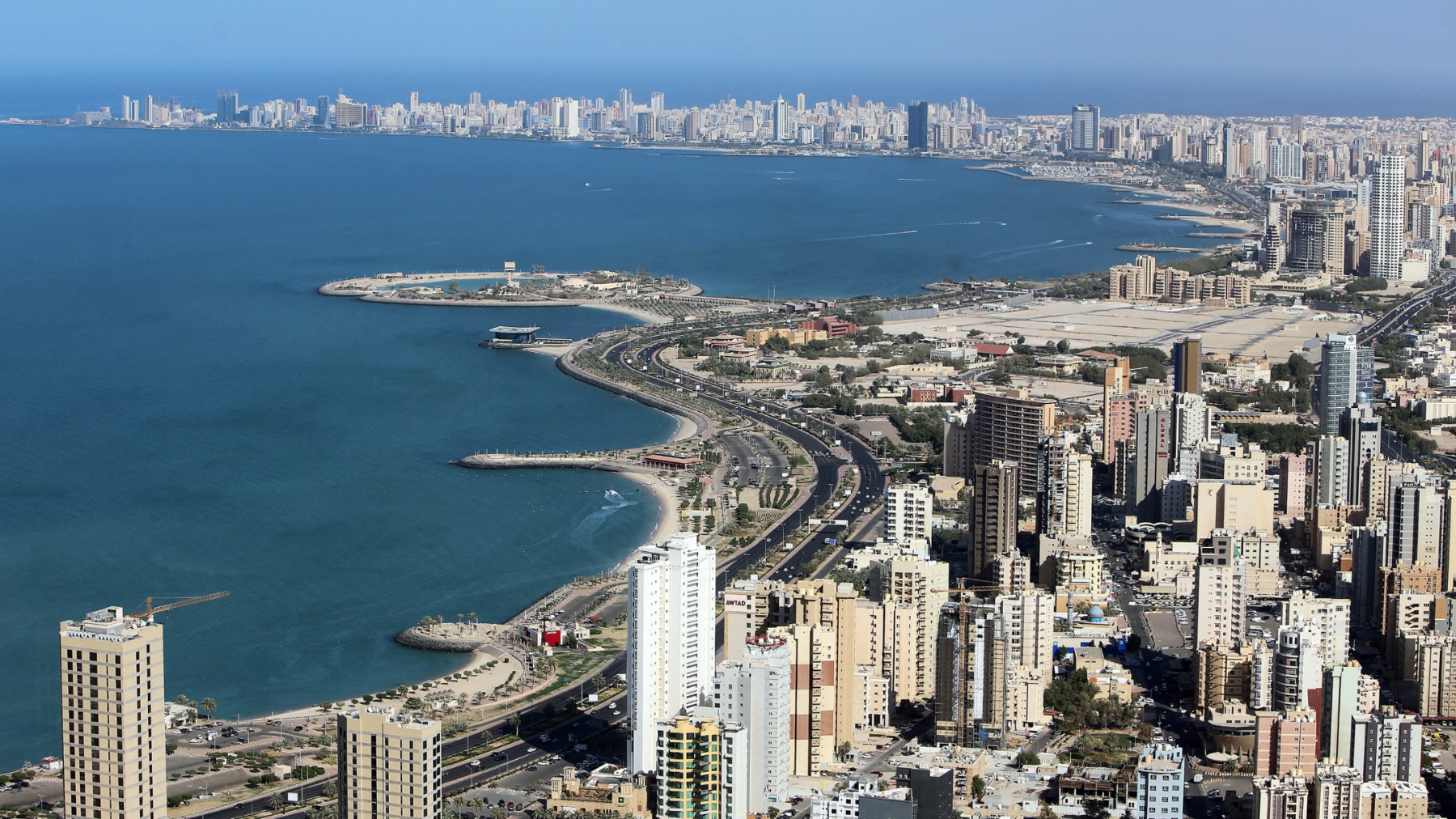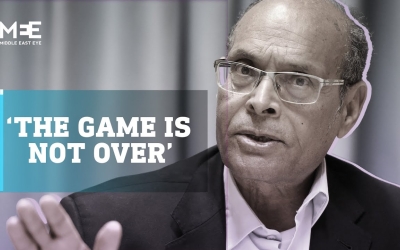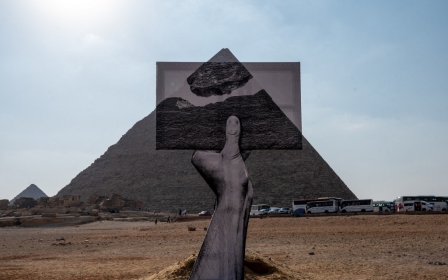Arabic press review: Kuwait orders arrest of a prince over state security complaint

Kuwait's public prosecution orders arrest of a prince
Kuwaiti prosecutors have issued an arrest warrant for a member of the country's ruling family, according to the country's Al-Rai newspaper.
The Public Prosecution ordered the arrest of Sheikh Fahad Salem al-Ali al-Sabah on the grounds of a complaint filed against him by State Security, Al-Rai reported, without elaborating further.
In the Arab Gulf states, it's rare for a prince to face arrest, detention or trial.
However, Kuwait has gone through extensive reforms in recent years and is currently the only Gulf nation which embodies a political system that includes a parliament, and that parliament has the right to interrogate the government and hold it accountable.
Several corruption and money-laundering cases were recently revealed in Kuwait related to the leaked "State security recordings", which sparked widespread debate due to the involvement of several prominent figures in the country, especially some members of the ruling family in Kuwait.
The controversy began when an anonymous account published videos dating back to 2018, which included accusations of State Security officers spying on the accounts of citizens and deputies and colluding with defendants in the well-known "Malaysian Sovereign Fund Case".
Restrictions on US dollar threaten the Egyptian pound
Egypt's monetary and banking authorities have imposed new restrictions on the US dollar without making an official announcement, in a move that has taken Egyptians by surprise, according to Arabi21.
A banking source in Egypt said these restrictions indicated "a silent crisis in hard currency inflow, which could at any moment lead to a new collapse in the exchange rate of the Egyptian pound".
"Egypt is following the same path as Lebanon," the source said, in reference to the Lebanese financial meltdown.
The source did not rule out that the banks could soon altogether stop exchanging dollars on behalf of clients.
Banking sources said the Egyptian central bank had ordered new restrictions on dollar exchange in Egypt due to the shortage of the US currency available on the market, a decline in cash reserves, and the increased need for the dollar following a surge in prices of imported goods.
Egyptian banks have started requiring that withdrawal of US dollars requires a written request including an explanation for the reasons for the transaction, one source said, adding that dollars were only being granted to clients travelling abroad.
The banks also require customers to present relevant documents proving their travel plans, after which they are allowed no more than $1,000, the source said.
So far, neither the Egyptian government nor the Central Bank have officially announced the new restrictions, while the commercial banks have not formally informed their clients in Egypt that they are restricting foreign currency withdrawals.
According to the report, most banks are forcing clients with foreign currency accounts to withdraw their money in Egyptian pounds instead of US dollars.
The Egyptian pound suddenly dropped more than 15 percent on 21 March, reaching around 18 pounds against the US dollar. Experts believe the Egyptian currency is on its way to a second wave of decline in the upcoming weeks or months.
Jordanian detainees go on hunger strike
A member of Jordan's parliament has demanded the release of detainees who have not faced charges and have gone on hunger strike to protest their arrests, local newspaper Assabeel reported.
Saleh al-Armouti told a parliamentary session on Thursday that there were about ten "administrative detainees" in Jordanian prisons who started a hunger strike to protest against their detention without trial.
The reasons for their arrest were arbitrary, ranging from calling for protest through social media to their various political backgrounds.
The MP called on the country's interior and justice ministers to release these "administrative detainees".
Armouti, who is a former president of the Lawyers' Association, asked the minister to visit these detainees, follow up on their cases, and release them immediately.
Tunisia fines three TV channels over Ramadan ads
Tunisia has fined three local TV channels due to violations related to advertisements during the month of Ramadan, The New Arab newspaper reported.
Penalties have been levied against the channels Carthage Plus, El Hiwar Ettounsi, and Attessia TV, according to the Independent High Authority for Audio-Visual Communication (HAICA).
HAICA has fined Carthage Plus 10,000 dinars ($3,300) for not adhering to the advertising code of conduct, in particular breaking the rule of the minimum 15-minute time period for media content required between advertisements.
El Hiwar Ettounsi was fined $13,000 over violations that included exceeding the time allotted for one ad break, and the total time for ad contents in an hour, which had exceeded the allowed 14 minutes.
Attessia TV was also fined $13,000 for the same violations related to commercial advertisements.
*Arabic press review is a digest of news reports not independently verified as accurate by Middle East Eye
Middle East Eye delivers independent and unrivalled coverage and analysis of the Middle East, North Africa and beyond. To learn more about republishing this content and the associated fees, please fill out this form. More about MEE can be found here.







